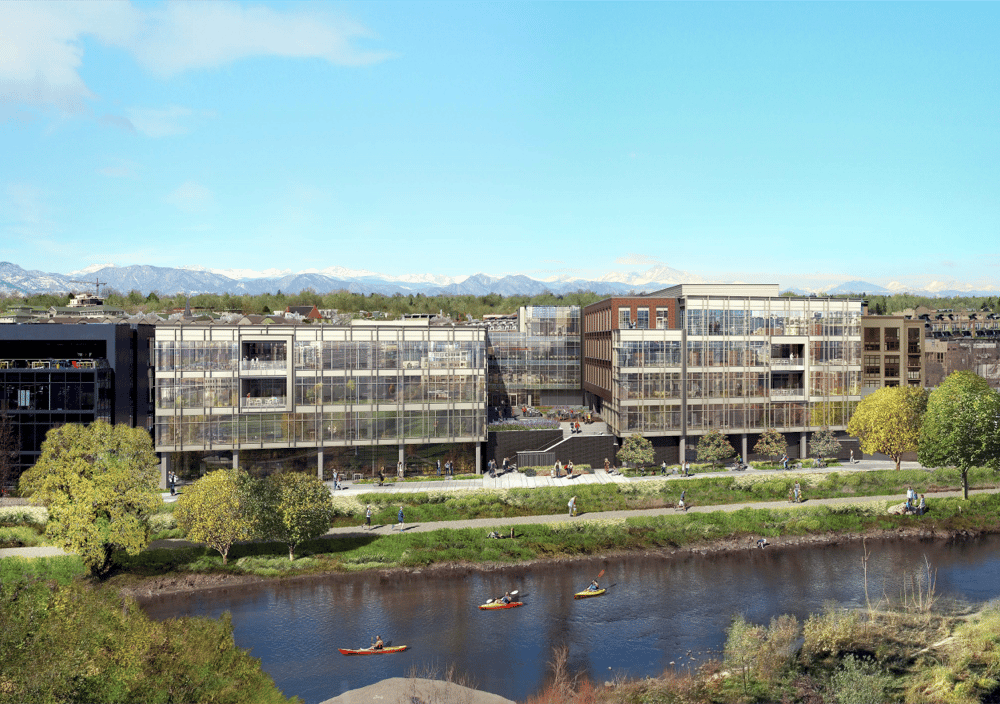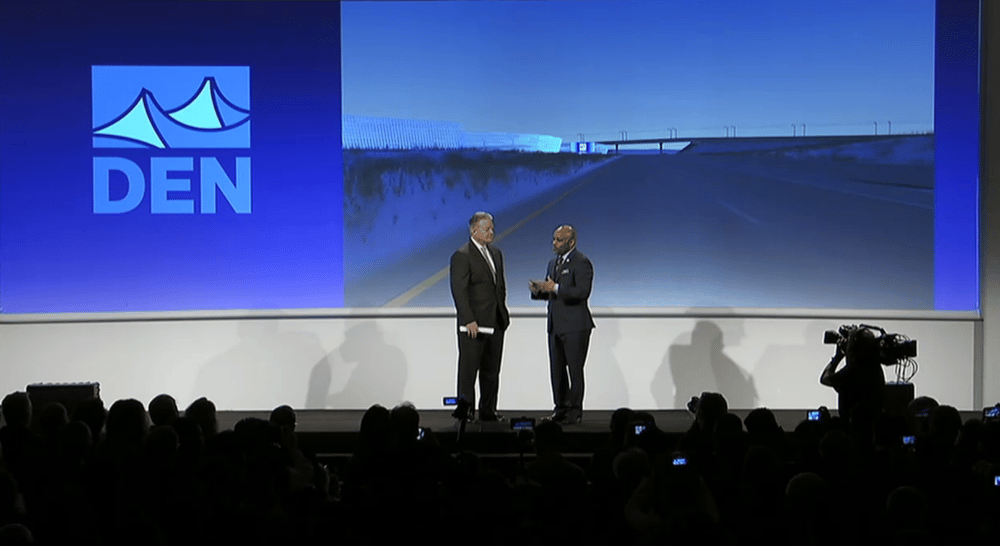
Colorado's going to have to get creative with its incentive packages if the state wants to land a "megadeal" like Amazon, one of eight site selectors visiting Denver said Friday.
The Centennial State's tax breaks and cash offerings pale significantly in comparison to what's available in other states. But Colorado economic development officials working together and highlighting amenities not found elsewhere could be enough to overcome those issues and attract companies, the consultants said during Metro Denver Economic Development Corp.'s annual Site Selection Conference.
"I usually get brought in on a project when you've down-selected. You're down to your top two to five sites," said Michael Krajcer, tax manager at Deloitte Tax LLP.
"What I've seen from Colorado is there's a lot of soft type of incentives that are brought to projects — access to universities and resources to have partnerships in the communities," Krajcer said. "But it is somewhat of a bitter pill for some of our clients to swallow when you look at some of the toolboxes that you have for economic development, especially for some larger projects."
Krajcer recommended officials find a way to put a financial number on the benefit of being near research institutions, nearness to the mountains and other so-called soft incentives offered by the Denver metro area so companies can take that information into consideration.

Krajcer and the seven others who help companies determine where to relocate or set up shop met with Gov. John Hickenlooper, company executives and area economic development folks this week before addressing business organizations and leaders at the Site Selection Conference.
"As you know, cost is an issue for our clients, so that's going to be a primary driver of the selection process," said Brian Allen, a senior analyst of client strategy consulting for CBRE.
"We already know you guys are a cost savings against Silicon Valley, Boston and New York. That's obvious," Allen said. "But when it comes down to other similar sized cities, Denver is not necessarily a cost savings to them."
Colorado has to find a way to promote where employers can save money if it's not going to be on wages or real estate. Or else the state needs to find some other way to stand out to companies, he said.

"When they've gone down from 20 cities to 15 cities to 10 cities, down to five cities, down to three cities, those three cities start to look alike," Allen said. "So they have to find a way to differentiate them. Sometimes it's incentives, sometimes it's cost, sometimes it's (labor) supply."
CNBC ranked the Centennial State 38th out of all 50 states this summer for its cost of doing business. Overall, the America's Top States for Business 2017 ranking had Colorado listed as the sixth best place for companies behind Washington, Georgia, Minnesota, Texas and North Carolina.
"Watch other communities. Don't let your growth strangle you," said Kate McEnroe, owner of Kate McEnroe Consulting.
"That usually means being prepared to invest before you think you need to, trying to get ahead of the curve whether it's in transportation or education," McEnroe said.
Several panelists praised the expansion of light rail and told Colorado officials they should continue to make gains on workforce development education and infrastructure.
"The level of sophistication the state and the cities — you as a group — have and the business acuity that you have is a little unique, or very unique in some cases," said Ted Telford, president & CEO at Incentia.
"I see that as a competitive advantage," Telford said.
Subscribe to Denverite’s newsletter here.
Business & data reporter Adrian D. Garcia can be reached via email at [email protected] or twitter.com/adriandgarcia.













